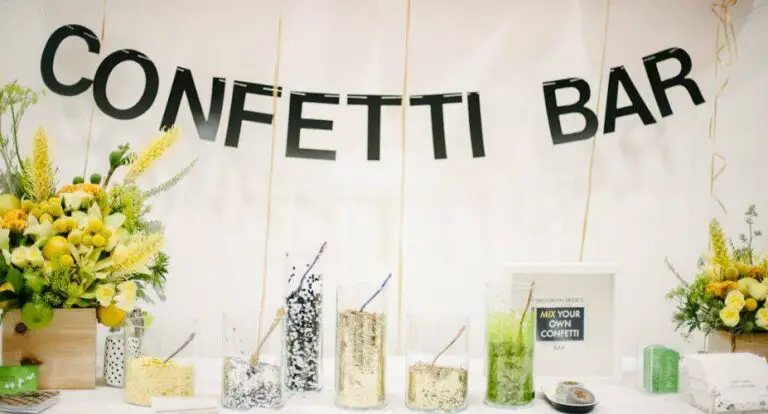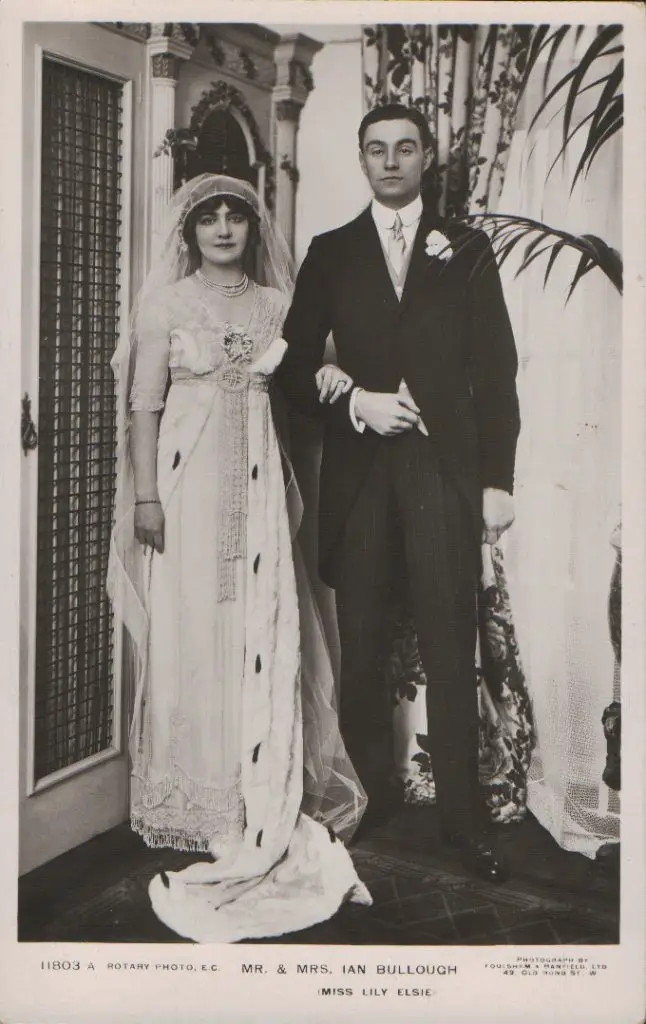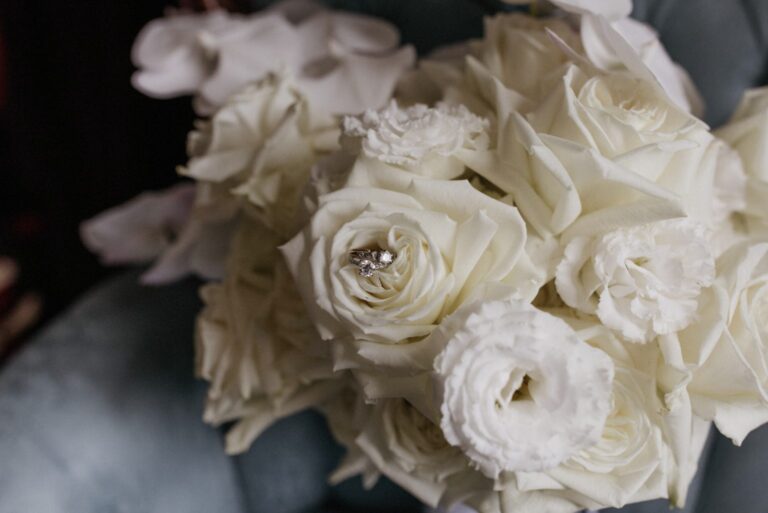9 Bizarre And Romantic Love Traditions Around The World
Love is a global phenomenon that transcends linguistic and cultural barriers. Its manifestations can be seen in various aspects of our daily lives, reflecting the diversity of human emotions. While we’re familiar with romantic gestures within our own culture, such as Valentine’s Day celebrations and traditional wedding vows, it’s equally fascinating to explore how love is expressed across different cultures.
From elaborate wedding ceremonies to unique festivals, these 9 traditions showcase some of the most striking and unconventional ways love is celebrated around the world.
Sperm Whale Tooth Gifts
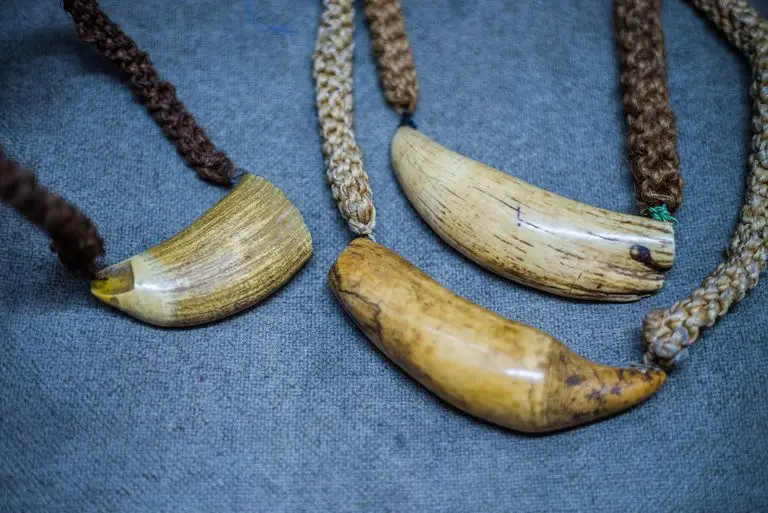
In Fiji, a unique tradition is observed where men ask for a woman’s hand in marriage. This age-old practice involves presenting the prospective father-in-law with a symbolic gift – the revered tabua- a sperm whale’s tooth. While ancient customs once required grooms to brave treacherous underwater battles against massive mammals, modern-day Fijians can simply purchase these tokens of affection at local stores.
A visual representation of this tradition is captured in an image by Lam Yik Fei / The New York Times.
Blackening the Bride

In rural Scotland, a unique tradition has been preserved despite the passage of time. The Blackening of the Bride, often accompanied by the groom, takes place the day before the wedding and has its roots in medieval Scotland. The couple is playfully ‘kidnapped’ by their loved ones and smothered in an assortment of unappealing substances, including rotten eggs, fish, and treacle. A thick layer of flour and feathers is then added to their already disheveled state.
As a spectacle, the newly besmirched pair is paraded through the streets, serving as a rite of passage and a means to ward off malevolent spirits, ultimately preparing them for the life ahead.
Love Padlocks

The phenomenon of attaching love padlocks to bridges, inspired by Federico Moccia’s book and film ‘I Want You’, has taken on a life of its own. What started as a romantic gesture in Rome’s Ponte Milvio soon spread to France’s Pont des Arts bridge in Paris. The tradition involves locking the padlock onto the bridge and symbolically throwing away the key, signifying an unbreakable love and commitment between two people.
However, this sweet gesture took a turn for the worse when, in 2007, the then-Mayor of Rome introduced a €50 fine for anyone caught attaching a lock to the bridge. Despite the initial enthusiasm, the padlocks were eventually removed in 2012 as part of an effort to protect the ancient structure from further damage.
Juliet’s Balcony And Breast
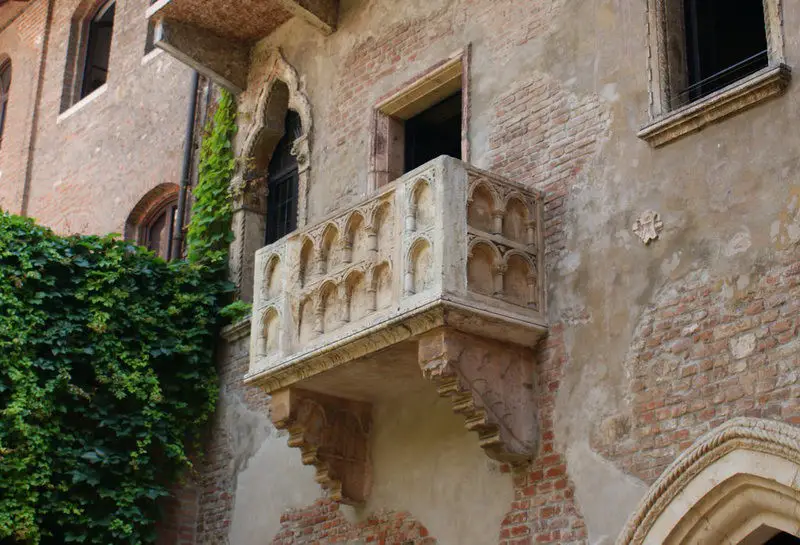
The centuries-old tradition surrounding Shakespeare’s iconic Romeo and Juliet love story has captivated hearts worldwide. Year after year, thousands of enthusiasts flock to Verona’s Casa di Giulietta, a 14th-century house believed to be the Capulets’ former residence.
Inspired by films like Letters to Juliet, visitors leave heartfelt notes between the walls and beneath the balcony where Juliet once received Romeo’s declarations of love.
A poignant statue of Juliet also stands tall, said to bestow good fortune upon those unlucky in love who rub the right breast – a ritual that has become an integral part of this romantic pilgrimage.
Imilchil Marriage Festival

In the midst of the majestic Atlas Mountains, Morocco’s Imilchil Marriage Festival unfolds like a timeless tale of love and longing. The legend of two star-crossed lovers, forbidden from each other, echoes through the valleys, their heart-wrenching tears ultimately leading to the reconciliation of their families. As a result, the Imilchil Marriage Festival was born, with its annual feast serving as the perfect backdrop for locals to mingle, flirt, and perhaps find their future soulmates.
Dissecting A Chicken For Its Liver

In ancient Chinese tradition, the Duar people have a unique custom that plays a significant role in determining the fate of an engaged couple. This peculiar ritual involves disecting a chicken to inspect its liver. A healthy and well-preserved liver is seen as a harbinger of a successful relationship, while an unhealthy liver signals that the couple must continue their search for compatibility.
Once a suitable liver is found, the couple can proceed with setting a wedding date and sharing the joyous occasion with their families through a grand feast.
Love Spoons

In Wales, a man typically presents his romantic interest with an exquisitely crafted wooden spoon, a gesture rooted in tradition and symbolism. This custom, dating back to the 17th century, signifies that the giver will always support and nourish their loved one, much like the role of feeding and providing. The intricate carvings on these spoons are not only testaments to the giver’s woodworking prowess but also serve as a showcase for their skills.
If the recipient does not share the same romantic feelings, she is expected to return the spoon. Conversely, if her sentiments are reciprocated, she wears the spoon around her neck as a symbol of their commitment and relationship.
Henna Tattoos
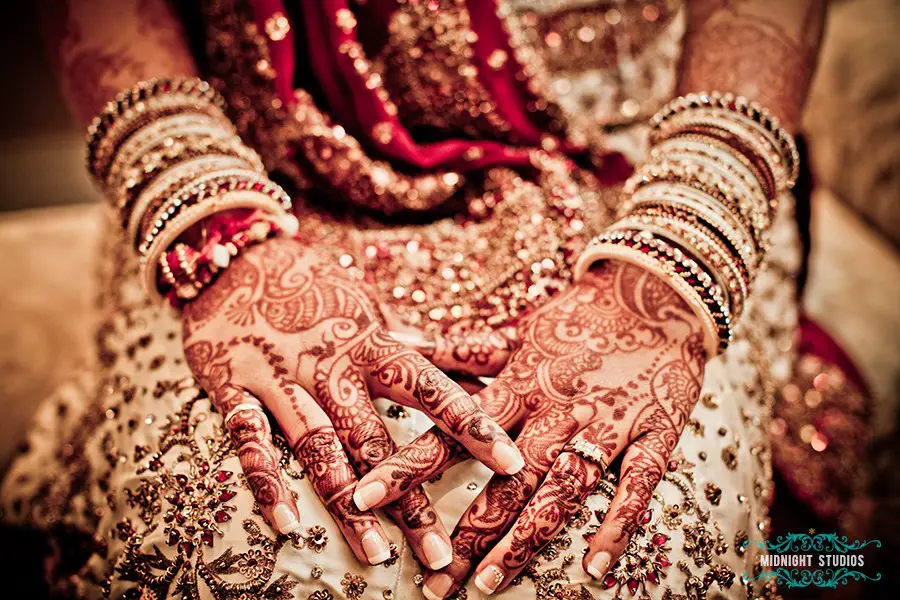
In various cultures across the globe, the tradition of adorning oneself with intricate designs holds significance. In Arabic, African, and Hindu cultures, for instance, women adorn themselves with elaborate henna patterns before their wedding day. This custom is deeply rooted in symbolism, signifying the bride’s beauty, womanhood, and worth. As such, each bride strives to create the most stunning design possible.
Similarly, in Swahili culture, these tattoos take on a different meaning.
They embody an empowering, sensual quality, with the design often concealing the groom’s initials in a secret location on the bride’s body, making it a unique and intimate expression of their union.
Salty Bread

In Armenian culture, there’s a long-standing tradition surrounding single individuals seeking guidance on their future romantic partners. According to local lore, eating a piece of salty bread baked by a grandmother or middle-aged woman who is happily married can induce vivid dreams about one’s potential match. This ritual typically takes place on the eve of St. Sarkis Day, following a day of fasting where no food is consumed.
The dryness that ensues after not eating all day is said to make the participant extremely thirsty. Should the future partner appear in your dream offering water, it’s believed to signify a clear and honest relationship ahead. Conversely, if the water appears murky or unclear, it may foretell issues with infidelity. This ancient practice has been passed down through generations, with many Armenians still adhering to this age-old tradition today.

